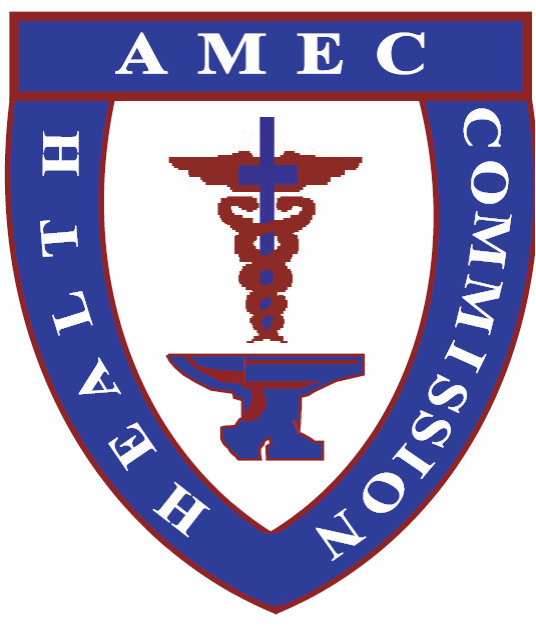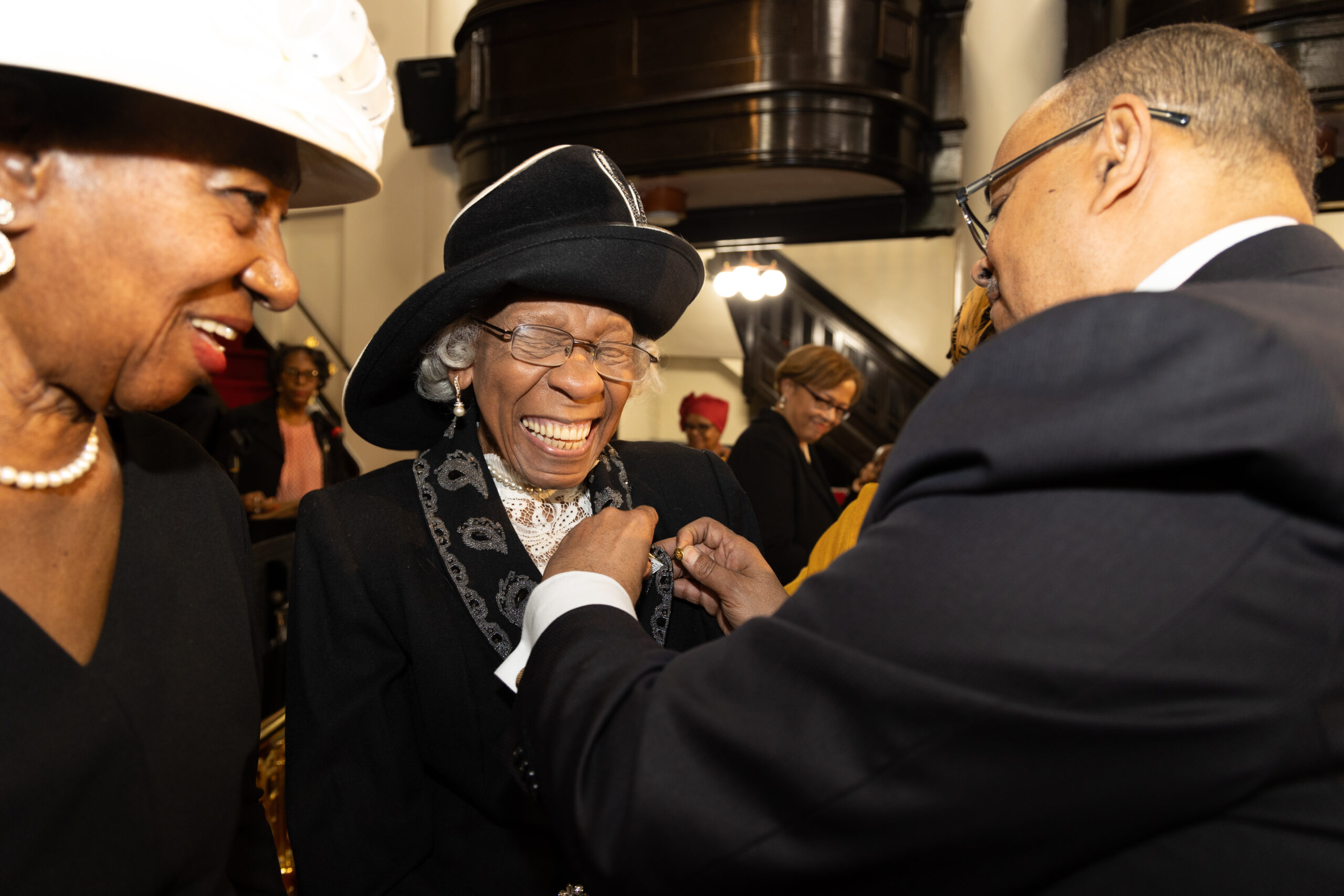Conservative Mark Robinson’s Novel Campaign for Governor of North Carolina
North Carolina voters are evaluating the historic candidacy of Mark Robinson, the Republican nominee for governor, going into the general election. Robinson, elected lieutenant governor in 2021, is the first Black politician to hold the office and only the second elected statewide. His candidacy raises questions about a potential shift in political alignments in the Tar Heel State.
His campaign paints a boot-strap image of his upbringing that could be appealing to the Black faith community in the state. Consider his experience as youth, as described, “I grew up as the 9th of 10 children in Greensboro. My father was an alcoholic who beat my mother. He died when I was in the fifth grade, and I was terrified. He had been the sole provider for our household. I remember sitting on the porch wondering where I’d be in five years.”
His mother supported the family on a janitor’s salary, he wrote, adding, “She chose to clean up for other kids to provide for her own. She didn’t just rise to the challenge, she excelled. She gave a sense of calm and purpose to us. From that point on, we always had what we needed – very little of what we wanted, but always what we needed.”
As well, he presents a profile of the working-class folk. He is married to a long-time sweetheart, raised children and grandchildren, and worked in a furniture factory: He criticized the effects of the 1994 North American Free Trade Agreement (NAFTA) on the ordinary worker, writing, “My wife and I have endured a lot. I lost not one, but two jobs due to NAFTA. We lost homes, cars, and were even forced into bankruptcy. I remember lying awake at night wondering how I was going to pay the bills.”
Robinson is a former army reservist and popular for evangelical oratory with bible thumping. He can be prone to insensitive statements on cultural issues like gay rights and anti-Semitism, and to knee-jerk support for Donald Trump’s false claims about the 2020 election. His governing positions remain a work in progress but largely the usual conservative stances on issues like reproductive health services and border security.
His nomination has the Biden campaign hopeful about its chances to win the state. It considers him a risky choice for both moderate women and independent voters, and the NY Times has depicted him as something of a zealot. An unknown element, however, is the perspective of the Black faith community. With Robinson now a viable candidate, will people consider the benefits of building relations with his campaign?
For example, he promotes funding for education as an issue of priority, writing, “I have supported providing opportunities for all students to have an education that best suites them, whether that’s in a private school, charter school, home school, or public school. I have championed workforce development programs to give students more opportunities for success after high school.”
North Carolina’s Black Voting Bloc
The North Carolina Black community has favorable preconditions for statewide political influence around issues for church mobilization. The assets include a 20 percent Black population, a political powerbase in Charlotte, a cultural powerbase in the churches, and a steady in-flow of talented young professionals. Black folk can play a leadership and a swing role in state elections to the benefit of group interests.
For many years, it has been in the interest to work in the receptive home base of the state Democratic Party. For example, church members participated in the grassroots work of the New North Carolina Project, and worked to register new voters and expand the franchise. It showed results in 2022, when Cheri Beasley put up a spirited fights for the Senate, narrowly losing to Republican Ted Budd.
By contrast, the state Republican Party has relied on methods to stifle the vote rather than build its base. It has done so through mass voter challenges, state legislative tinkering of rules, and racial gerrymandering to advantage. All in all, the party has been averse to fair dealing in state governance, except in miserly ways.
In recent history, Black voters in the south have relied on white Democrats of center-right platforms for representation. It includes Jimmy Carter in Georgia and Bill Clinton in Arkansas; in North Carolina, its current Governor Roy Cooper, approaching the end of a two-term limit. In recent years, the pattern of Black Democratic voting has led to historic elections of candidates with Jewish backgrounds like Georgia’s Senator Jon Ossoff.
In North Carolina, Democrats are relying on this game-plan for the current gubernatorial nominee, Josh Stein, the state attorney general. His campaign states that “as Attorney General, I have fought for the people of North Carolina for safer communities, stronger schools, healthier families, and personal freedom.” Stein supports expanded access to abortion and seeks to appeal to moderate women as well as Black men. And if elected, he would be the state’s first Jewish governor, a history worth noting.
However, this election cycle takes place in a climate of reactions and consequences over the Gaza War. It has pitted Black and Jewish interests to stake out opposing positions of conviction. Most compelling was the call of 1,000 Black ministers for a humanitarian ceasefire, hostage release, and negotiations, a position increasingly promoted by the Biden Administration.
Pro-Israel advocates, on the other hand, have criticized a sizable group of high-ranking Black representatives on the issue of anti-Semitism. In one incident, the politics appeared to venture into the realm of humiliation; namely, billionaire Bill Ackman’s criticism of Harvard President Claudine Gay over campus responses to acts of anti-Semitism.
Meanwhile, the American Israel Public Affairs Committee supported political efforts to fund challengers against popular Black congressional representatives. Among these, as reported in the press, are Cori Bush (D-MO), Jamaal Bowman (D-NY), and Summer Lee (D-PA). Members of the AME church have no doubt learned of such episodes in the press and social media.
The open question for Black North Carolina voters in the symbolic value of Mark Robinson as the governor? In the end, they will no doubt endorse Biden over Trump like last time. But should they consider the potential of Robinson as a voice for their interests in the state Republican establishment? More importantly, is Robinson willing to develop a pragmatic approach for addressing good works of mutual interest?
In the end, much of the value of holding the governor’s office is representational. That’s because the North Carolina governor is among the weakest in the country, limited to two terms, and lacking convincing veto power like the line item veto. Many of the state’s executive and judicial seats are elected rather than appointed by the governor. And the state legislature has reduced the governor’s appointment powers in recent years.
Nonetheless, the governor retains authority over a wide range of agencies; additionally, it plays a role in bringing together legislators over the state priorities. The Black faith community may want to consider the merits of finding ways to work with the Robinson campaign.
Roger House is professor emeritus of American Studies at Emerson College and the author of “Blue Smoke: The Recorded Journey of Big Bill Broonzy” and “South End Shout: Boston’s Forgotten Music Scene in the Jazz Age.” His forthcoming book is “Five Hundred Years of Black Self Governance” (Louisiana State University Press).





